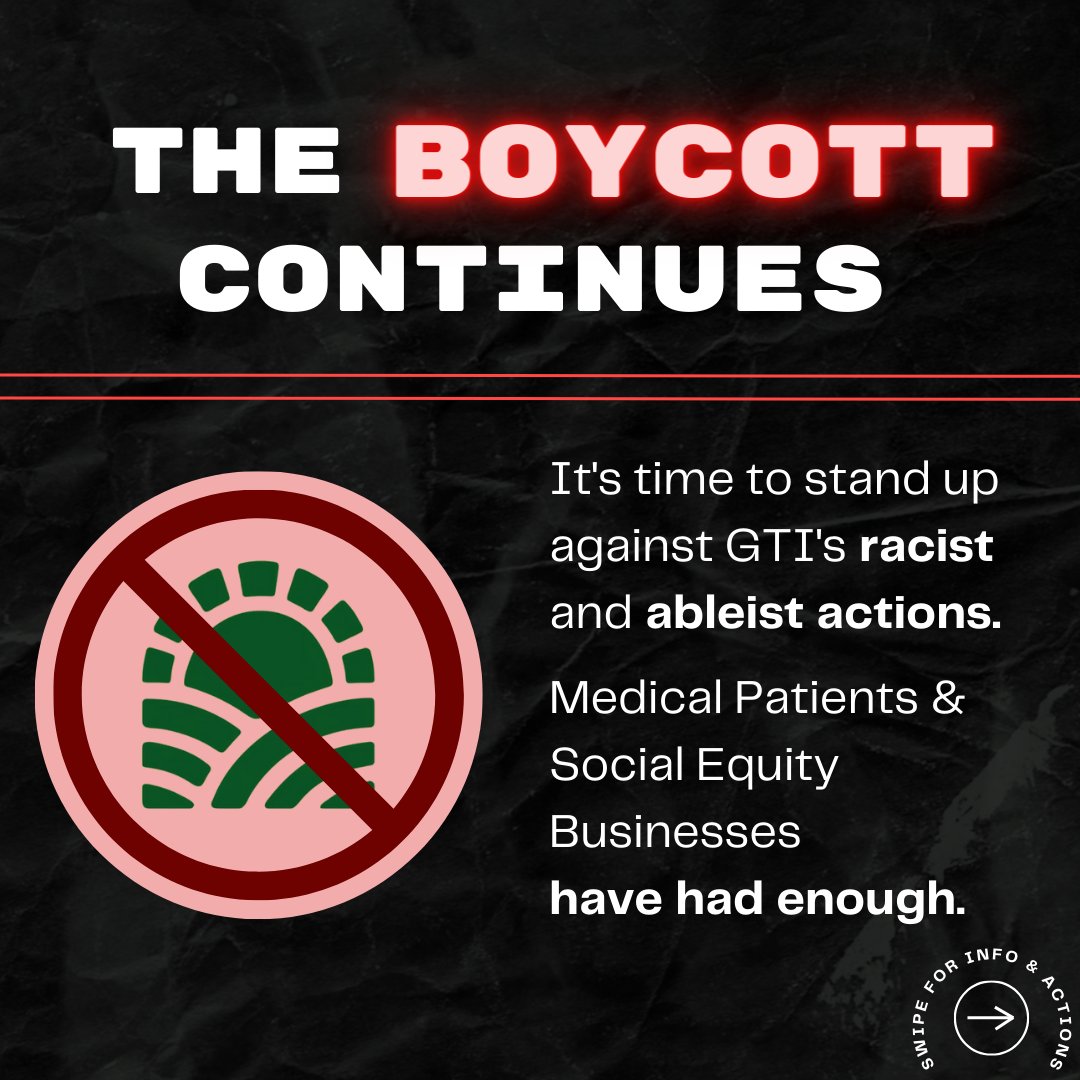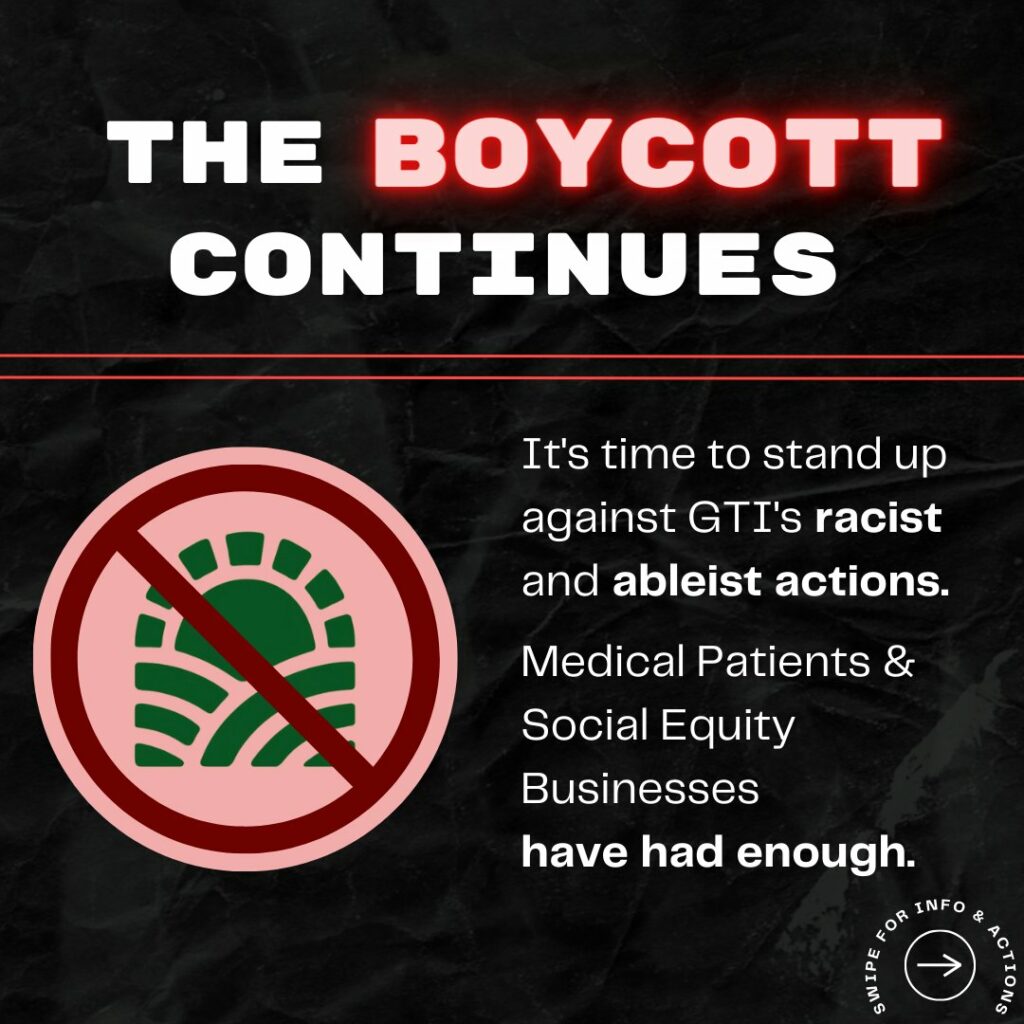In May, grassroots advocates in Springfield helped create a groundbreaking cannabis reform package that would help Illinois move closer to being the “most-equity centric” legal cannabis state that Governor JB Pritzker has boasted about since legalizing cannabis in 2020. After years of advocacy work, a vote from lawmakers to turn this package into reality seemed within reach, until powerful lobbyists descended into the State Capitol over the Memorial Day weekend to block it.
Advocates from cannabis organizations forming the Alliance for Cannabis Equity (ACE) in Springfield assembled an omnibus package for the State Assembly. HB 2911, the 300-page proposal, contained reforms such as changes to the background-check system to allow individuals with criminal records to enter the cannabis industry, antitrust laws that would stop companies from forming monopolies, and expanding medical patient access to all dispensaries in the state. But according to its backers, lobbyists representing one of Illinois’ largest cannabis operators, Green Thumb Industries (GTI) quashed the bill. According to the watchdog website Open Secrets, GTI spent $20,000 on lobbying firm Akin, Gump et al in the first quarter of 2024.
“Everybody was comfortable with [HB 2911]. Seemed like it was a done deal, and so the coalition left Springfield the Friday of Memorial Day weekend,” said Peter Contos, deputy director of the Cannabis Equity Illinois Coalition (CEIC), one of the organizations in ACE. “We get a call the next day, the Saturday of a holiday weekend at probably 8:00 or 8:30 at night, with the confirmation that GTI was specifically targeting the medical patient expansion and really trying to derail all the progress that we had made thus far.”
Recreational cannabis use was legalized in 2020, and the state currently has over 170 licensed dispensaries. Only fifty-five of those are licensed for medicinal cannabis, including several locations in GTI’s RISE chain. If medical patients want to receive their full medical benefits, which include an increased purchase limit of 2.5 ounces of cannabis and 1 percent state retail tax, they don’t have many options, which can force them to either drive miles out their way or shell out extra cash at a recreational facility. HB 2911 would have eliminated this issue.
According to a public statement from GTI, the bill included “language that was neither operationally viable nor comprehensive enough for what Illinois patients deserve.”
GTI did not respond to the Weekly’s request for comment.
“Springfield is a complicated place. If you don’t have money, it’s a very difficult place to get your work done,” Contos said. “If it was up to us, we would have passed this bill in the very beginning [of] the legislative session…. And so for them to wait till the very last minute to even work on the cannabis stuff, and then to be sidetracked because a bunch of rich people sent their lobbyists to mislead our politicians, it’s definitely not the first time we have been thrown through a loop like this.”
After the vote, the Cannabis Equity Illinois Coalition (CEIC) released a call to action on their social media calling for a boycott against GTI and their brands, such as Rhythm, Incredibles, and Dogwalkers, as well as their RISE dispensaries. The movement quickly gained traction, particularly on the r/ILtrees subreddit, garnering support from across the state. Sway, a dispensary in Northalsted, released a statement saying they will no longer carry GTI products.
According to Katie Sullivan, co-founder of integrated health clinic Modern Compassionate Care and board member of the Medical Cannabis Advisory Board for Illinois, the response from her patients has been “livid.”
“We already pay some of the highest prices in the country for cannabis here, and these people are paying all out of pocket,” Sullivan said. “I work with a lot of people that are terminally ill. I work with a lot of pediatric patients who have very specific medical needs, and limiting access for these people, it’s just wrong. It’s making their lives a lot more difficult, and it doesn’t really serve anyone but the businesses that have these exclusive medical licenses.”
Sullivan added that expanding medical access to all dispensaries has been by far the biggest request from the patients she works with, and that it’s been something advocates have been working on for more than three years. She also noted that some of the new adult-use dispensaries that have been opening are under social equity licenses, but are prevented from serving medical patients, so expanded access would be a win-win. Some dispensaries offer some form of discount to medical patients, according to Sullivan, but in doing so they have to eat the costs.
“[Medical patients] really feel like the state doesn’t care about them,” Sullivan said. “They feel like that since the adult use program has started, that’s really what the state and the businesses are focused on, and that medical patients’ needs have kind of gone by the wayside… We have to keep fighting. And these are sick people. They’re already fighting. They don’t have time to go down to Springfield and protest, so we need the state to do the right thing here.”
A medical patient and former employee of RISE Dispensry’s Mundelein location who requested to remain anonymous said the news of GTI’s lobbying push was unsurprising.
“Obviously, we know that cannabis isn’t the only industry that’s run like this, but I feel like as a medical patient, this hits a little closer to home for [us] on a level that has to do with our personal rights and medicine,” they said. “There was always a big disconnect between the culture and the company… but that’s corporate cannabis for you.”
The former employee said they hope the boycott can be a turning point though, and that other states see Illinois as an example of what not to do in regards to legalization. Now working at another dispensary, they said they try to educate customers about GTI’s actions and the ongoing boycott.
“There’s some people that come in and couldn’t care less, and when I try to bring up that stuff, they just roll their eyes,” they said. “But then I have some people that actually hear me out that seem to be more connected and want to know about those kinds of things, and are curious about why things are the way they are here in Illinois.”
According to a recent Instagram post, directors from CEIC were able to meet with GTI’s leadership to discuss the events in Springfield. However, CEIC claimed that GTI came into the meeting unprepared, and despite being concerned about the bill’s viability, still have not pointed out any specific problematic language.
“The position we’ve taken right now is because GTI did this very deliberate act to stab everybody in the back, GTI needs to bear the brunt of all of this,” Contos said. “That is in no way a defense of Cresco, Pharmacann, Verano, or any of the other members of the Cannabis Business Association, because they have stifled progress the whole time. If folks want to boycott those other companies, we are no way opposed to that, but at this specific time…we have to really double down and make sure [GTI] specifically understands that they cannot cross the cannabis community any longer.”
CEIC released a comprehensive list of the different ways that members of the cannabis community can participate in this boycott available on social media. For example, medical patients are encouraged to buy their medication from another source, but for those who may not have reliable access outside of their local GTI store, are encouraged to express their dissatisfaction to management about the company’s actions in Springfield. According to Contos, it is essential for members of the cannabis community to have all hands on board in supporting the coalition with this boycott.
“We have to stay focused, keep building this community, keep building our power,” Contos said. “Things will not change until we take ownership and knock all these systems down.”
Alejandro Hernández is a freelance writer born and raised in Chicago. Growing up in the city gave him the sense of perspective that can be found in his work. With combined experience doing broadcast and written journalism, Alejandro has been actively documenting the stories of everyday Chicagoans for over seven years.



